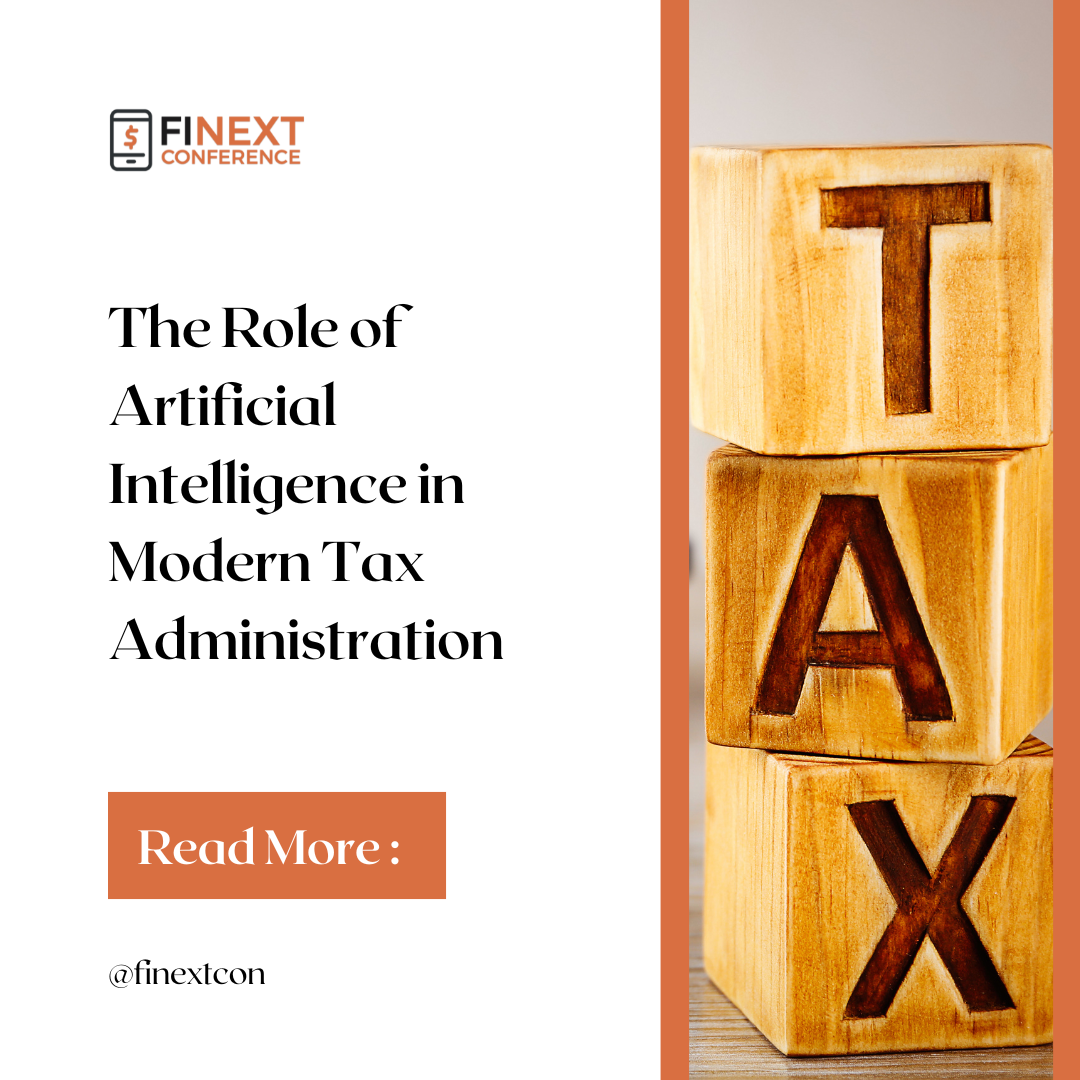In today’s rapidly evolving technological landscape, Artificial Intelligence (AI) has emerged as a transformative force across various sectors, including tax administration. The integration of AI into tax systems is revolutionizing how governments and tax authorities manage, collect, and enforce tax laws. Here, we explore the significant roles AI plays in modern tax administration and the benefits it brings to the table.
1. Enhanced Data Analysis and Reporting
One of the primary advantages of AI in tax administration is its unparalleled ability to analyze vast amounts of data quickly and accurately. Traditional tax systems rely heavily on manual data entry and analysis, which can be time-consuming and prone to errors. AI algorithms, however, can process large datasets efficiently, identifying patterns and discrepancies that might go unnoticed by human auditors.
For instance, machine learning models can analyze taxpayer data to predict future tax liabilities, detect potential fraud, and ensure compliance. These insights enable tax authorities to make informed decisions and prioritize audits based on risk assessments.
2. Fraud Detection and Prevention
Tax fraud is a significant challenge for tax authorities worldwide. AI-powered systems can significantly enhance fraud detection and prevention efforts. By employing advanced algorithms, these systems can identify unusual patterns and behaviors that may indicate fraudulent activities. For example, AI can detect inconsistencies in reported income, suspicious deductions, and other anomalies that may warrant further investigation.
Moreover, AI systems can continuously learn from new data, improving their accuracy and effectiveness over time. This adaptive capability ensures that tax authorities stay ahead of increasingly sophisticated tax evasion tactics.
3. Automating Routine Tasks
AI can automate a wide range of routine and repetitive tasks in tax administration, freeing up human resources for more complex and strategic activities. Tasks such as data entry, document verification, and basic customer service inquiries can be handled by AI-powered systems with high accuracy and efficiency.
For example, chatbots and virtual assistants can provide taxpayers with instant responses to common queries, reducing the workload on human customer service representatives and improving the overall taxpayer experience. Automation of these tasks also minimizes the risk of human error and ensures consistent service quality.
4. Improving Tax Compliance
Ensuring tax compliance is a critical function of tax authorities. AI can play a pivotal role in enhancing compliance by providing personalized recommendations and reminders to taxpayers. For instance, AI can analyze an individual’s or business’s financial data and offer tailored advice on tax-saving opportunities, filing deadlines, and compliance requirements.
Additionally, AI-driven systems can monitor compliance in real-time, identifying potential non-compliance issues before they escalate. This proactive approach not only helps taxpayers stay compliant but also reduces the need for costly and time-consuming audits.
5. Streamlining Tax Audits
Traditional tax audits can be lengthy and resource-intensive processes. AI can streamline audits by quickly analyzing vast amounts of financial data and identifying areas that require further scrutiny. By focusing on high-risk cases and automating routine audit tasks, AI can make the audit process more efficient and effective.
Furthermore, AI can assist auditors by providing them with detailed insights and recommendations based on data analysis. This support enables auditors to make more informed decisions and conduct more thorough investigations.
6. Enhancing Transparency and Accountability
AI-driven tax administration systems can enhance transparency and accountability by providing real-time access to tax-related information. Taxpayers can track their tax filings, payments, and compliance status through user-friendly online portals powered by AI.
Additionally, AI can generate comprehensive reports and visualizations, making it easier for tax authorities to communicate their activities and performance to the public. This transparency fosters trust between taxpayers and tax authorities, promoting a culture of compliance and cooperation.
Conclusion
The integration of Artificial Intelligence into modern tax administration holds immense potential to transform the way tax systems operate. From enhancing data analysis and fraud detection to automating routine tasks and improving compliance, AI offers numerous benefits that can lead to more efficient, effective, and transparent tax administration. As technology continues to advance, the role of AI in tax administration is likely to expand, bringing even greater innovations and improvements to this critical aspect of governance.
